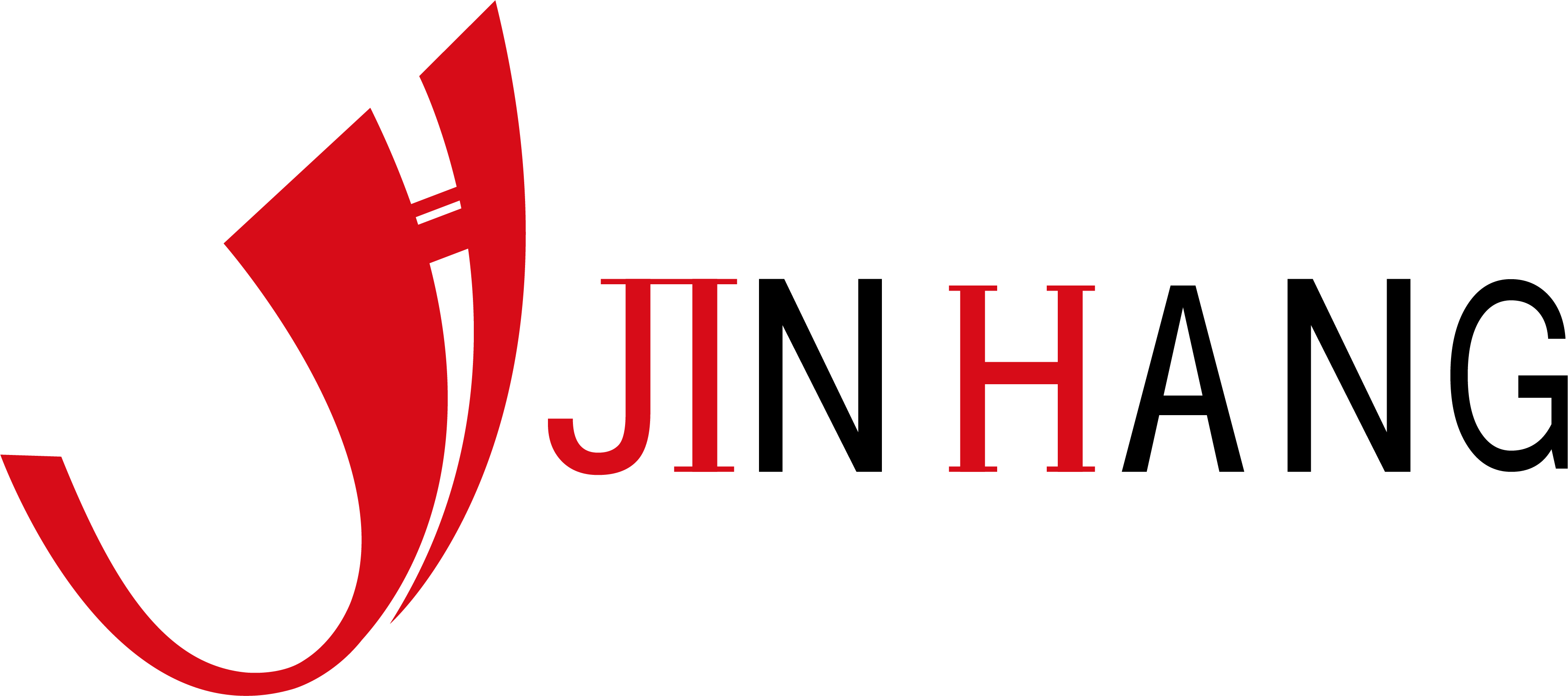Quelles industries doivent utiliser le rouleau chauffant ?
As an important industrial equipment, Heating Roller plays a vital role in many industries. It can heat and process materials through heat energy transfer, thereby improving product quality and production efficiency.
This article will explore the specific applications of Heating Roller in various industries to help readers fully understand the importance of this key equipment in industrial production.
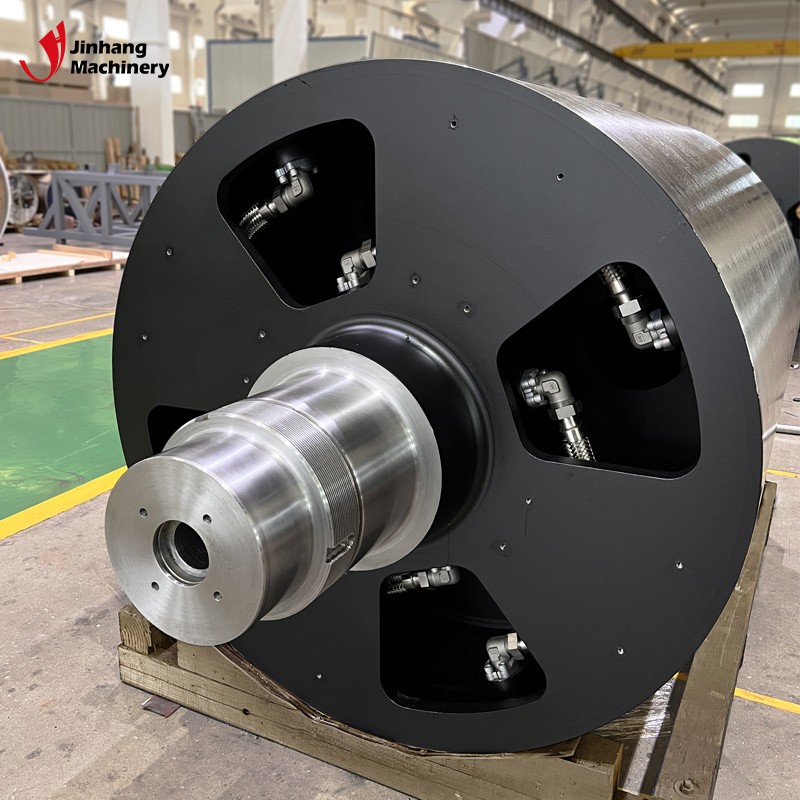
What is the working principle of Heating Roller?
The working principle of Heating Roller is to transfer heat to the surface of the roller through internal heating elements (such as electric heating pipes or steam pipes), and then transfer heat to the material through the contact between the roller and the processed material. In this way, uniform heating of the material can be achieved to meet the needs of different processes.
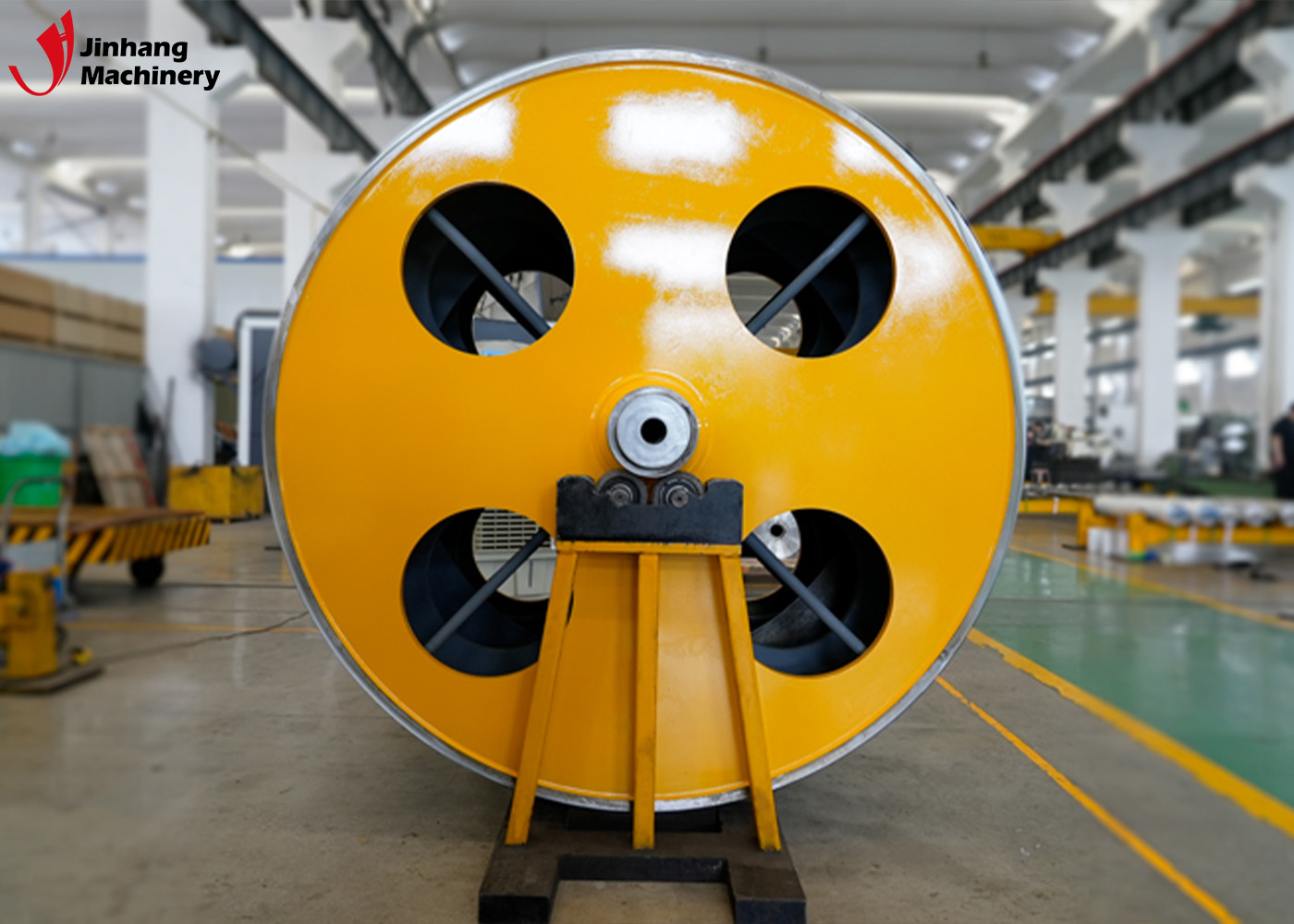
Which industries need to use Heating Roller?
The industries that need to use Heating Roller are: plastic and rubber industry, textile industry, paper and film industry, metal processing industry, food processing industry, and other industries (chemical, pharmaceutical, electronics, etc.).
1. Plastic and rubber industry:
In the production and processing of plastics and rubber, Heating Roller is widely used in extrusion, calendering, coating and other process links. Its main functions are as follows:
● Extrusion process: In the extrusion process of plastics and rubber, Heating Roller can keep the material at a stable temperature during the extrusion process through its uniform heating function, thereby ensuring the quality and consistency of the extruded product.
● Calendering process: In the calendering process, Heating Roller can heat rubber or plastic evenly through its efficient heat transfer function, so that it has good fluidity and formability during the calendering process, ensuring the uniformity and flatness of the product thickness.
● Coating process: In the coating process, Heating Roller can accurately control the temperature of the coating material through its temperature controllable characteristics, ensure the uniformity and adhesion of the coating layer, and improve the appearance quality and performance of the product.
2. Textile industry:
In the textile industry, Heating Roller is widely used in shaping, drying and hot melting processes. Its main functions are as follows:
● Shaping process: In the textile shaping process, Heating Roller can maintain a stable size and shape of the fabric during the heating process through its uniform heating function, thereby improving the dimensional stability and appearance quality of the fabric.
● Drying process: In the textile drying process, Heating Roller can quickly evaporate the moisture in the fabric through its efficient heat transfer function, thereby improving the drying efficiency, shortening the production cycle and reducing the production cost.
● Hot melting process: In the hot melting process, Heating Roller can accurately control the temperature of the hot melting material through its temperature controllable characteristics, ensuring that the material has good adhesion and strength during the hot melting process, thereby improving the quality and durability of the product.
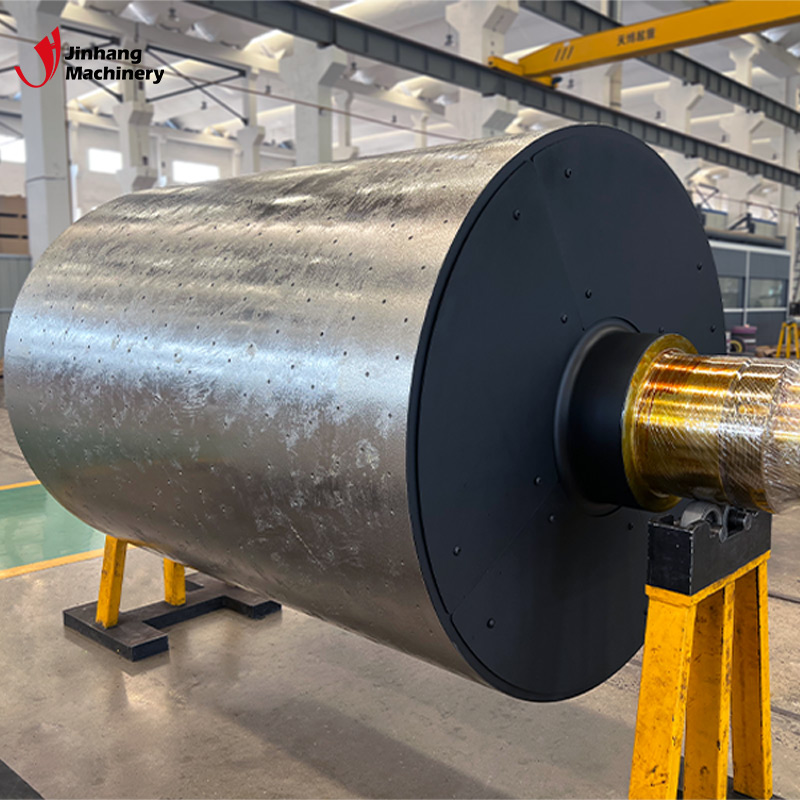
3. Paper and film industry:
In the production and processing of paper and film, Heating Roller is widely used in coating, calendering and laminating processes. Its main functions are as follows:
● Coating process: In the coating process of paper and film, Heating Roller can ensure uniform heating and distribution of coating materials through its uniform heating function, improve the uniformity and adhesion of the coating layer, and enhance the appearance quality and performance of the product.
● Calendering process: In the calendering process of paper and film, Heating Roller can heat the surface of the material evenly through its efficient heat transfer function, so that it has good gloss and flatness during the calendering process, and improve the appearance quality of the product.
● Laminating process: In the laminating process of paper and film, Heating Roller can accurately control the temperature of the composite material through its temperature controllable characteristics, ensure that the material has good adhesion and strength during the laminating process, and improve the quality and durability of the product.
4. Metal processing industry:
In the metal processing industry, Heating Roller is widely used in rolling, heat treatment and coating processes. Its main functions are as follows:
● Rolling process: During the metal rolling process, Heating Roller can maintain a stable temperature and plasticity of the metal material during the rolling process through its uniform heating function, and improve the dimensional accuracy and surface quality of the rolled product.
● Heat treatment process: During the heat treatment of the metal, Heating Roller can quickly and evenly heat the metal material through its efficient heat transfer function, improve the heat treatment efficiency, and ensure the uniformity of the material's organization and performance stability.
● Coating process: During the metal coating process, Heating Roller can accurately control the temperature of the coating material through its temperature controllable characteristics, ensure the uniformity and adhesion of the coating layer, and improve the corrosion resistance and appearance quality of the product.
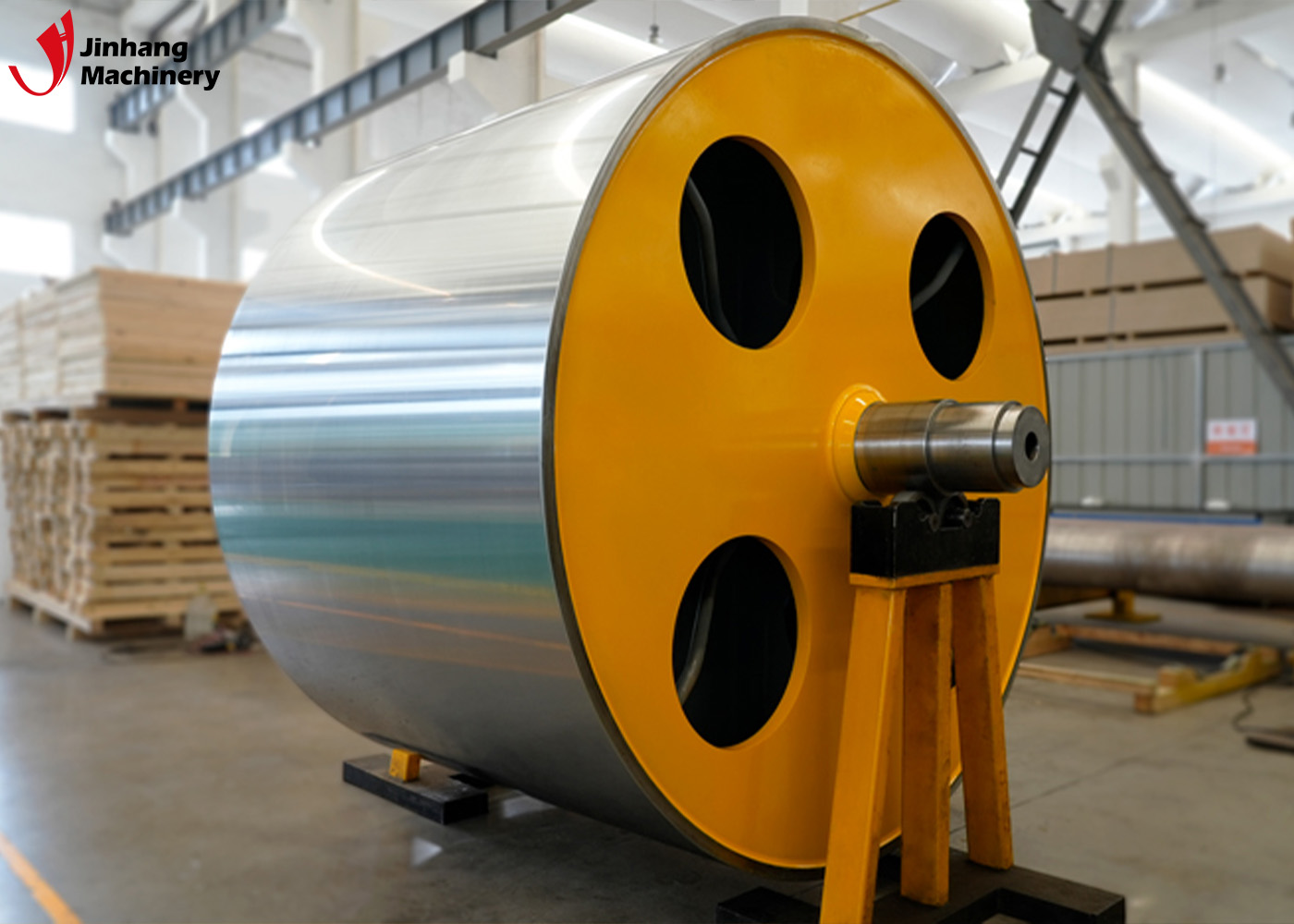
5. Food processing industry:
In the food processing industry, Heating Roller is widely used in drying, baking and sterilization processes. Its main functions are as follows:
● Drying process: During the food drying process, Heating Roller can quickly evaporate the water in the food through its efficient heat transfer function, improve the drying efficiency, and maintain the nutritional content and flavor of the food.
● Baking process: During the food baking process, Heating Roller can ensure that the food is heated evenly during the baking process through its uniform heating function, avoid local overheating or overcooling, and ensure the appearance and taste of the food.
● Sterilization process: During the food sterilization process, Heating Roller can accurately control the sterilization temperature through its temperature controllable characteristics, ensure that the food kills harmful microorganisms during the sterilization process, and improve the safety and shelf life of the food.
6. Other industries:
In addition to the above-mentioned major industries, Heating Roller also plays an important role in some other industries. For example: chemical industry, pharmaceutical industry, electronics industry, etc.
● Chemical industry: In chemical production, Heating Roller is widely used in heating, drying and reaction processes, which can improve the quality and production efficiency of chemical products.
● Pharmaceutical industry: In pharmaceutical production, Heating Roller is used in the drying, sterilization and molding of drugs, which can ensure the quality and safety of drugs.
● Electronic industry: In the production of electronic products, Heating Roller is used in heating, drying and coating processes, which can improve the performance and reliability of electronic products.
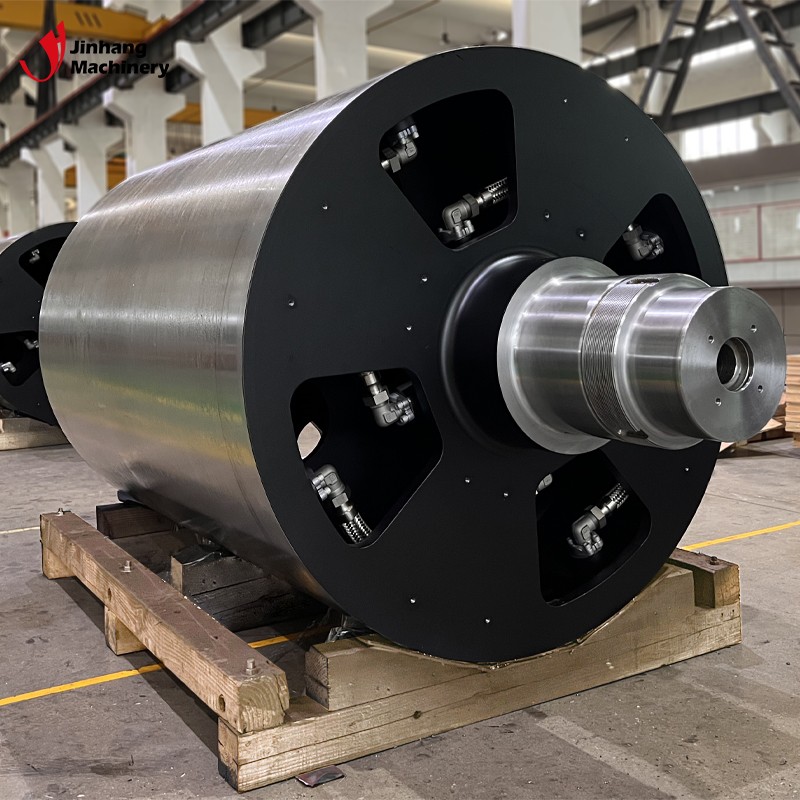
Conclusion
As an important industrial equipment, Heating Roller plays a vital role in many industries such as plastics and rubber, textiles, paper and film, metal processing, and food processing, with its characteristics of efficient heat transfer, temperature control, high temperature resistance and uniform heating.
Whether in the extrusion process of plastics and rubber, the shaping process of textiles, or the rolling process of metals and the drying process of food, Heating Roller has made important contributions to the continuous progress and innovation of modern industrial production.
Qu'il s'agisse du processus d'extrusion des plastiques et du caoutchouc, du processus de façonnage des textiles ou du processus de laminage des métaux et du processus de séchage des aliments, Heating Roller a apporté d'importantes contributions au progrès continu et à l'innovation de la production industrielle moderne.